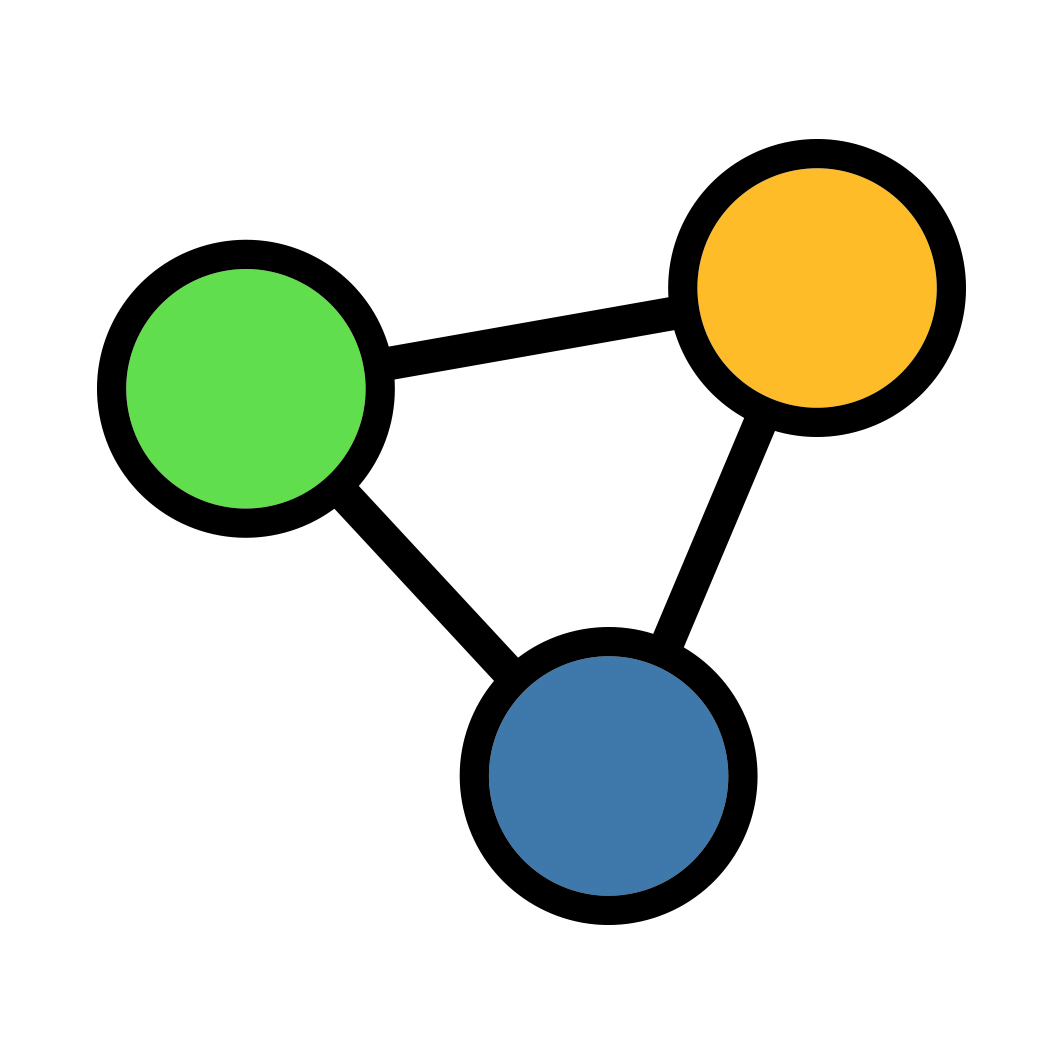Project
Project
Description
International scientific consortia are becoming increasingly crucial in addressing global scientific and societal challenges. Initially, Big Science collaborations were concentrated around centralized facilities—particularly in physics and astronomy—with leading examples such as CERN’s particle physics research. However, contemporary scientific consortia differ significantly by operating across geographically dispersed research groups in multiple countries. Unlike earlier centralized facilities, modern scientific consortia operate within increasingly complex governance and political environments, requiring coordination across institutions, jurisdictions, and stakeholder groups spanning academia, government, and industry. Due to their scale, complexity, and international character, these consortia face distinctive governance challenges, including intense stakeholder conflicts, cultural and political differences among participating nations, funding uncertainties, and frequent delays and budget overruns.
The INSCONS project seeks to address the knowledge gap around these distinctive organizational and political dynamics. Through interdisciplinary research that combines insights from political sociology of science, science diplomacy, public policy analysis, management and innovation studies, history and philosophy of science as well as science and technology studies, we aim to develop novel theoretical frameworks and practical insights for improving the governance and management of international scientific consortia. Our work involves both qualitative and quantitative research methods and focuses on examining a carefully selected set of case studies.
The selected consortia not only offer a perspective on differences in the organization of such consortia across disciplines but also differ along other key organizational dimensions we are interested in. These include differences in governance structures, the geographic distribution of work, and the design of information exchange systems. Specifically, we investigate fusion research initiatives, including ITER and EUROfusion, which exemplify large-scale multinational collaboration in energy research; the EU Human Brain Project (HBP), a major European effort to simulate human brain functions; terrestrial laser scanning (TLS), illustrating how ground-based lidar systems can support diverse scientific fields; the Thirty Meter Telescope (TMT), which has faced complex stakeholder conflicts around cultural, environmental, and scientific priorities; the African Light Source (AfLS), showcasing efforts to foster scientific capacity-building and equity in global research infrastructures; and the Square Kilometre Array (SKA), a pioneering multinational astronomy initiative highlighting challenges in international governance, technological innovation, and data management. Together, these diverse cases allow INSCONS to explore a broad spectrum of organisational models, governance structures, and stakeholder dynamics, thereby enriching both theoretical understanding and practical strategies for successfully managing complex, multinational scientific endeavors.
The INSCONS project seeks to address the knowledge gap around these distinctive organizational and political dynamics. Through interdisciplinary research that combines insights from political sociology of science, science diplomacy, public policy analysis, management and innovation studies, history and philosophy of science as well as science and technology studies, we aim to develop novel theoretical frameworks and practical insights for improving the governance and management of international scientific consortia. Our work involves both qualitative and quantitative research methods and focuses on examining a carefully selected set of case studies.
The selected consortia not only offer a perspective on differences in the organization of such consortia across disciplines but also differ along other key organizational dimensions we are interested in. These include differences in governance structures, the geographic distribution of work, and the design of information exchange systems. Specifically, we investigate fusion research initiatives, including ITER and EUROfusion, which exemplify large-scale multinational collaboration in energy research; the EU Human Brain Project (HBP), a major European effort to simulate human brain functions; terrestrial laser scanning (TLS), illustrating how ground-based lidar systems can support diverse scientific fields; the Thirty Meter Telescope (TMT), which has faced complex stakeholder conflicts around cultural, environmental, and scientific priorities; the African Light Source (AfLS), showcasing efforts to foster scientific capacity-building and equity in global research infrastructures; and the Square Kilometre Array (SKA), a pioneering multinational astronomy initiative highlighting challenges in international governance, technological innovation, and data management. Together, these diverse cases allow INSCONS to explore a broad spectrum of organisational models, governance structures, and stakeholder dynamics, thereby enriching both theoretical understanding and practical strategies for successfully managing complex, multinational scientific endeavors.
Objectives
- Characterise the organisational frameworks of international scientific consortia and their impact on scientific work
- Assess processes of scientific inclusion and exclusion tied to the creation and development of international scientific consortia
- Examine political economy aspects of international scientific consortia
- Define interplay between the academic and corporate spheres linked to international scientific consortia
- Communicate project findings to academic colleagues, international scientific consortia stakeholders and policy makers
Case Studies
The INSCONS project has an explicit comparative ambition. It studies selected consortia that not only offer a perspective on differences in organisation, but also in governance structures, the geographic distribution of work, and the design of information exchange systems.
Work Packages
- Organisational frameworks of international scientific consortiaLead researchers: Richelle Boone and Kaela Slavik1
- The role of international scientific consortia in shaping the scientific communities they are embedded inLead researcher: Dominika Czerniawska, PhD2
- The politics of international scientific consortiaLead researcher: Anna-Lena Rüland, PhD3
- International scientific consortia and industryLead researcher: Jeongwon Choi, PhD4

